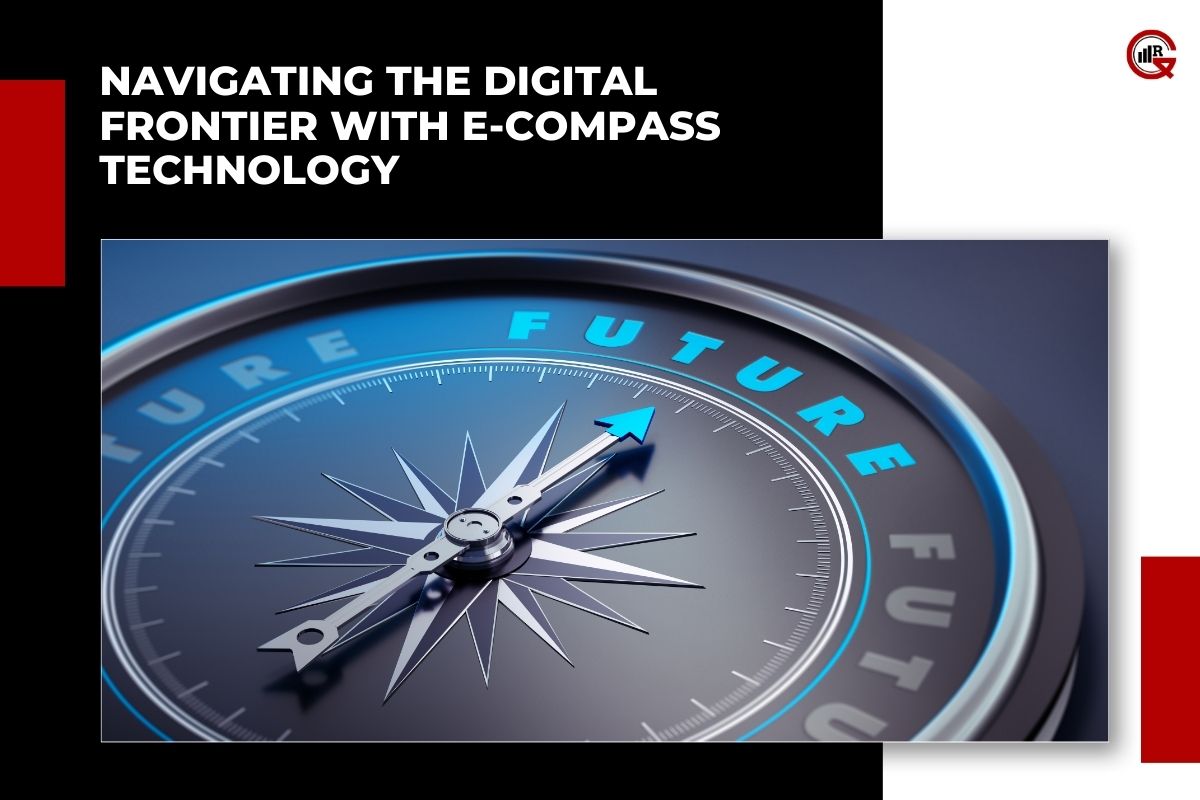In the fast-paced world of travel and hospitality, efficiency and accuracy are paramount. With the advent of computer reservation systems (CRS), the landscape of travel management has undergone a profound transformation. These systems, also known as central reservation systems, play a pivotal role in facilitating the booking and management of travel-related services, ranging from airline tickets and hotel accommodations to car rentals and tour packages. In this article, we delve into the evolution, functionality, and impact of computer reservation systems on the travel industry.
Evolution of Computer Reservation Systems
The roots of CRS can be traced back to the 1950s when airlines began using primitive electronic systems to automate seat reservations and ticketing processes. However, it was not until the 1960s and 1970s that the first generation of computer reservation systems emerged, revolutionizing the way travel services were booked and managed.
Early systems, such as American Airlines’ Semi-Automatic Business Research Environment (SABRE) and United Airlines’ Apollo Reservation System, relied on mainframe computers and proprietary networks to centralize reservation data and enable real-time access for travel agents. These systems represented a significant advancement over manual reservation methods, offering greater speed, accuracy, and efficiency in processing bookings.
Over the decades, CRS has evolved in tandem with advancements in technology, transitioning from mainframe-based architectures to distributed systems and web-based platforms. Today, modern CRS platforms leverage cloud computing, big data analytics, and artificial intelligence to deliver enhanced functionality, scalability, and reliability.
Functionality of Computer Reservation Systems
CRS performs a wide range of functions designed to streamline the booking and management of travel services. Key features of CRS platforms include:
Inventory Management: CRS platforms maintain comprehensive databases of available travel services, including airline seats, hotel rooms, rental cars, and vacation packages. These systems continuously update inventory levels in real time, ensuring accurate availability information for travel agents and customers.
Reservation Processing: CRS platforms facilitate the booking of travel services through user-friendly interfaces accessible to travel agents and consumers. Users can search for available options, compare prices and amenities, and make reservations directly within the system. CRS platforms handle reservation processing tasks such as seat assignments, fare calculations, and payment processing.
Distribution Channels: CRS platforms serve as central hubs for distributing travel services to various distribution channels, including travel agencies, online travel agencies (OTAs), corporate booking tools, and global distribution systems (GDS). By consolidating inventory and pricing information from multiple suppliers, CRS platforms enable efficient distribution and booking across diverse channels.
Transaction Management: CRS platforms track and manage a multitude of transactions related to booking, modification, and cancellation of travel services. These systems maintain detailed records of transactions, including booking confirmations, itinerary changes, and refund processing, to ensure accurate and transparent transactional histories.
Reporting and Analytics: CRS platforms generate comprehensive reports and analytics to help travel agencies and suppliers monitor performance, analyze booking trends, and optimize inventory distribution. By leveraging data-driven insights, stakeholders can make informed decisions regarding pricing strategies, marketing initiatives, and resource allocation.
Impact of Computer Reservation Systems on the Travel Industry

The widespread adoption of CRS has had a profound impact on the travel industry, influencing various stakeholders, including airlines, hotels, travel agencies, and consumers. Some of the key impacts include:
Increased Efficiency: CRS has significantly enhanced the efficiency of booking and managing travel services, reducing manual workload and processing times for travel agents and suppliers. Automation of routine tasks such as inventory updates, fare calculations, and itinerary management has enabled faster, more streamlined operations.
Expanded Distribution Reach: CRS platforms have expanded the reach of travel services by providing access to a global network of distribution channels. Through CRS integration with GDS, OTAs, and corporate booking tools, suppliers can reach a broader audience of travelers, driving increased bookings and revenue opportunities.
Improved Customer Experience: The accessibility and convenience of computer reservation systems have improved the overall customer experience by simplifying the booking process and providing greater transparency and flexibility. Travelers can easily compare options, customize their itineraries, and access real-time information, enhancing satisfaction and loyalty.
Dynamic Pricing and Inventory Management: CRS platforms enable dynamic pricing and inventory management strategies, allowing suppliers to adjust prices and allocate inventory based on demand, seasonality, and market conditions. This flexibility helps maximize revenue while optimizing resource utilization and yield management.
Facilitated Integration and Collaboration: CRS platforms facilitate seamless integration and collaboration among travel industry stakeholders, enabling interoperability between airlines, hotels, car rental companies, and other service providers. By standardizing communication protocols and data exchange formats, CRS platforms promote interoperability and synergy across the travel ecosystem.
Future Trends in Computer Reservation Systems

Looking ahead, the future of CRS is characterized by continued innovation and adaptation to emerging trends in technology and consumer behavior. Some of the key trends shaping the evolution of CRS platforms include:
Mobile Integration: The proliferation of smartphones and mobile devices is driving demand for mobile-friendly CRS solutions that enable travelers to book and manage travel services on the go. Mobile integration features such as mobile booking apps, push notifications, and mobile check-in capabilities are becoming increasingly prevalent in CRS platforms.
Personalization and AI: AI-powered algorithms and machine learning techniques are being integrated into CRS platforms to deliver personalized recommendations, predictive analytics, and automated customer service. By analyzing user behavior, preferences, and historical data, CRS platforms can tailor offers and promotions to individual travelers, enhancing engagement and conversion rates.
Blockchain Technology: Blockchain technology holds the potential to revolutionize the travel industry by enabling secure, transparent, and decentralized transactions. CRS platforms are exploring blockchain-based solutions for identity verification, payment processing, and loyalty programs, promising greater security, efficiency, and trust in travel transactions.
Virtual Reality and Augmented Reality: Virtual reality (VR) and augmented reality (AR) technologies are being integrated into CRS platforms to provide immersive, interactive experiences for travelers. Virtual tours, 360-degree videos, and AR-enhanced booking interfaces offer new ways for travelers to explore destinations and visualize their travel experiences, driving engagement and conversion.

Sustainability and Eco-Friendly Initiatives: In response to growing concerns about environmental sustainability, CRS platforms are incorporating eco-friendly initiatives and sustainability criteria into their booking algorithms and supplier partnerships. By promoting sustainable travel options, CRS platforms can encourage responsible tourism practices and minimize the carbon footprint of travel activities.
Conclusion
Computer reservation systems have played a pivotal role in shaping the modern travel industry, revolutionizing the way travel services are booked, managed, and distributed. From their humble beginnings as mainframe-based reservation systems to their current incarnation as cloud-based, AI-driven platforms, CRS solutions have evolved in tandem with advancements in technology and changes in consumer behavior. By streamlining operations, expanding distribution reach, and enhancing the customer experience, CRS platforms have become indispensable tools for airlines, hotels, travel agencies, and travelers alike. As technology continues to evolve and consumer expectations evolve, the future of computer reservation systems holds promise for even greater innovation, efficiency, and connectivity in the travel industry.






